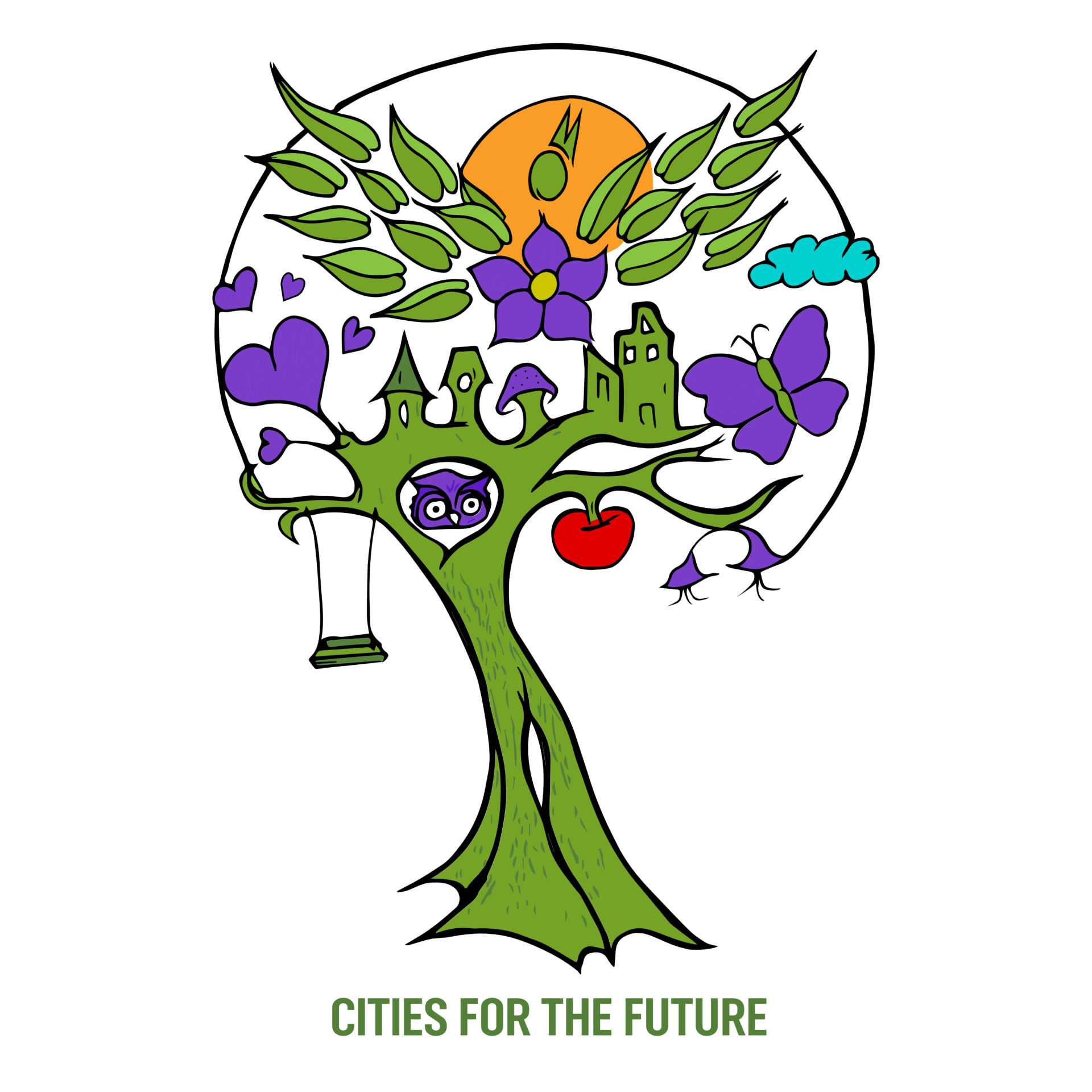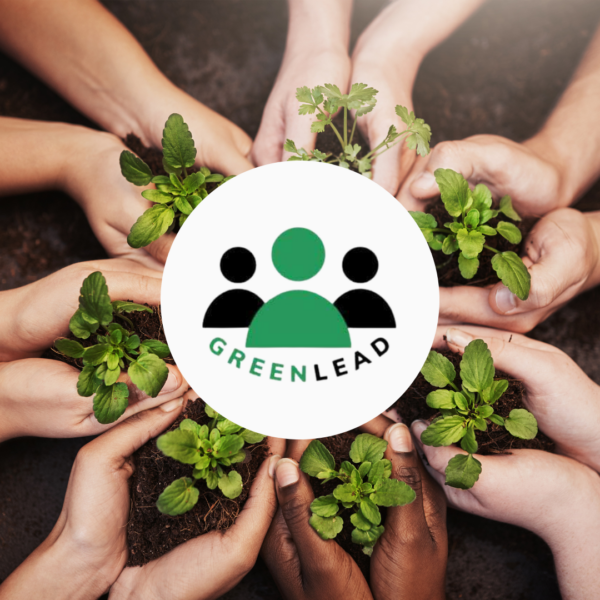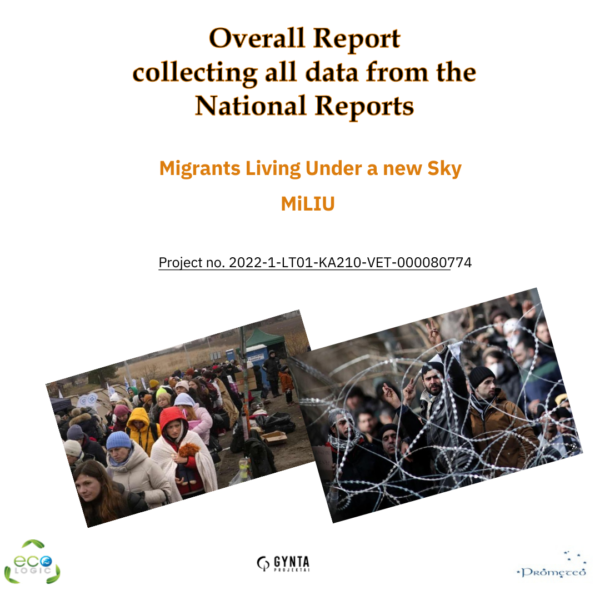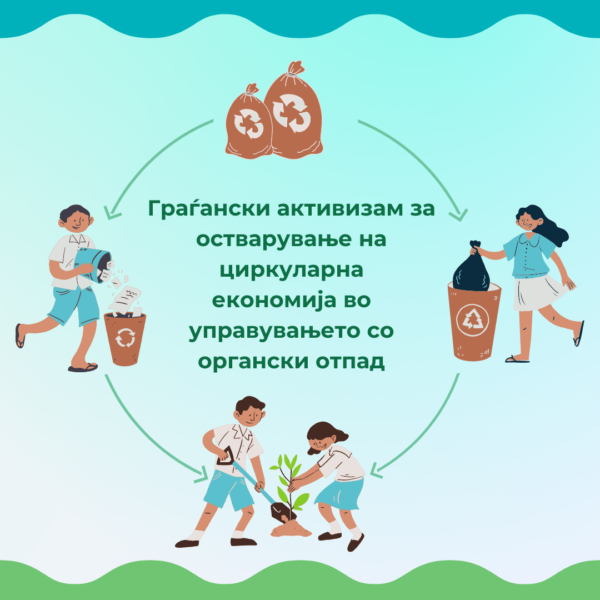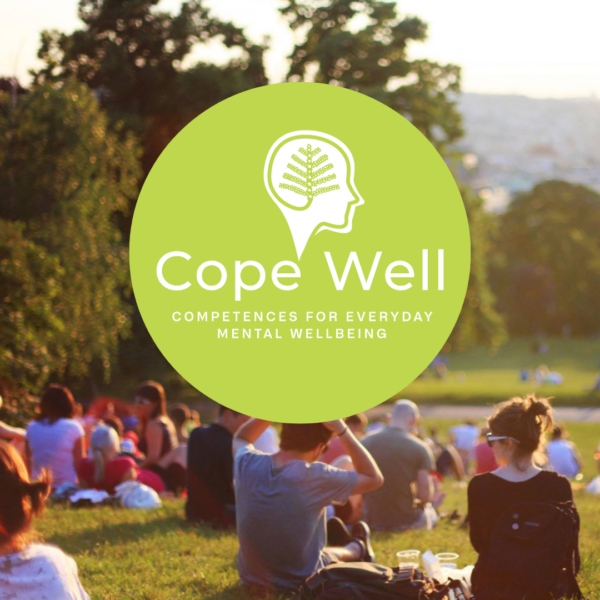Project title: Through Upcycling to Design of Eco Cities
Project acronym: TUDEC
Project start date: 01-03-2022
Duration: 24 months
Project end date: 01-03-2024
Project ID: KA220-SCH-D98C07DE D
Coordinator of the project: FONDAZIONE HALLGARTEN FRANCHETTI CENTRO STUDI VILLA MONTESCA,
Italy Umbria Città di Castello
Partner Organizations: Eco Logic, The Republic of Macedonia
WISAMAR BILDUNGSGESEL LSCHAFT GEMEINNUTZIGE GMBH Germany
SACHSEN LEIPZIG
OOU Petar Pop Arsov, The Republic of Macedonia, Skopje
UDRUZENJE GRADJANA BUM, Serbia, BEOGRAD
General aim:
The SDG 11 and “Through upcycling to the designing of eco-cities” project teaches pupils about sustainable development, the pupils will inevitably be introduced to the STE(A)M approach. The planned, developed learning material on city planning and designing will demand the use of Science, Technology, Engineering, and Mathematics when the students are tasked to create their ecological city. The project also wants to seize this opportunity and propose a path based on STEAM subjects and using innovative methods to bring the knowledge closer to the students and at the same time simplify it teachers’ approach. Key competencies are a combination of knowledge, skills, and attitudes that enable people to adapt to the constant changes in society.
Three topics addressed by your project: Environment and climate change Creativity, arts and culture Inclusion, Inclusion, promoting equality and non-discrimination SDG 11 aims to promote inclusive, safe, resilient, and sustainable cities and human settlements. This goal is all about managing urban development. Well- managed cities can be hubs of innovation and prosperity. Their management is a big cornerstone in sustainable development. As more people migrate to cities to seek better opportunities, access to affordable, safe, and sustainable
housing becomes a priority. Managing urban sprawl, waste management, and air pollution ensures our population’s well-being, health, prosperity, and environment. The impact of poorly planned urbanization can be seen in the growing reality of tangled traffic, growing greenhouse gas emissions, and sprawling suburbs worldwide. Ineffective cities are a burden on taxpayers and can even lower life expectancy. Proper planning and governance can help reduce these detrimental effects. Suppose we don’t choose to act sustainably. In that case, we miss the opportunity to build cities where all citizens live a decent quality of life, creating shared prosperity and social stability without harming the environment. The links between urban sustainability and education are generally weak, with structural barriers to overcome before improvements can be made. This current situation highlights the importance of
building a clear understanding of the barriers to improving the reciprocal relationship between education and SDG 11 to clear the way to transformation. Noting the overarching structures of power that permeate both cities and educational systems (globally, nationally, and locally) we deal with more immediate problems: the ambiguity of the urban, that there is only a weak existing educational focus on cities, and that urban transformation demands highly sophisticated integrated educational approaches to achieve change. To reduce the aforementioned gap, the partnership intention is to set up learning materials (developed Curricula, Workbook for educational staff, and supported tools – six animated videos), to align teaching to SDG11 students to be able to: • Identify and address basic physical, social, and psychological needs concerning human settlements such as cities and towns. •
Apply basic principles of sustainable planning and building, and identify opportunities to make their community more sustainable and inclusive. • Reflect on the role of local decision-makers and participatory governance and how to represent a sustainable voice in planning and policy for their community. • Engage with community groups and local planning systems for sustainable future visions for their community. • Plan, implement and evaluate inclusive community-based sustainable projects. The project’s main goal is to foster awareness raising and capacity building to the pupils and educational staff around Sustainable Development and particularly Sustainable Development Goal 11 (Sustainable Cities and Communities) through the upcycling model of an ecologically planned city. The goal will be achieved through advocating for an ecological approach to urban planning which focuses on social and environmental priorities. The project outcomes (results) are as follows: – Providing academic staff with tools to develop pupils’ understanding of natural systems, urban landscapes, and ecological city planning; – Supported and enhanced the knowledge of pupils within the fields of biological systems and urban landscapes, as well as environmental planning
processes for them to acquire; – Develop integrated non-formal learning material and innovative tools that prioritize a holistic understanding of resilient urban development. Cities are hubs for ideas, commerce, culture, science, productivity, and social development. With the number of people living within urban areas projected to rise to 5 billion by 2030, cities will increasingly shape their countries’ social, political, economic, and environmental conditions. In recent years, environmental issues and climate change have become important issues of debate globally. Young people are demanding that politicians and adults around them take action now and avert a global catastrophe. One of the United Nation’s Sustainable Development Goals relevant to the environment is SDG 11, Sustainable Cities and Communities. The Project aims to bring the SDG goals, particularly SDG 11, into the consciousness of children aged 6-14. It will endeavor to improve the competencies of teachers and academic staff by developing a curriculum and a training manual (workbook), and a series of animated videos for them on SDG As SDGs overlap, the training program will also touch on other SDGs such as clean water and sanitation (6), climate action (13), life below water (14), life on land (15), etc. By teaching children about ecological city planning, we instill the value of sustainable development early in life. The Project will provide teachers and academic staff with tools to develop pupils understanding of natural systems, urban landscapes, and ecological planning concepts. The project team plans to involve various organizations and companies on a local level that implement good practices related to using recycled products. Designed to reach pupils, ecological building and planning concepts will be explored using the upcycling method as a learning tool.
